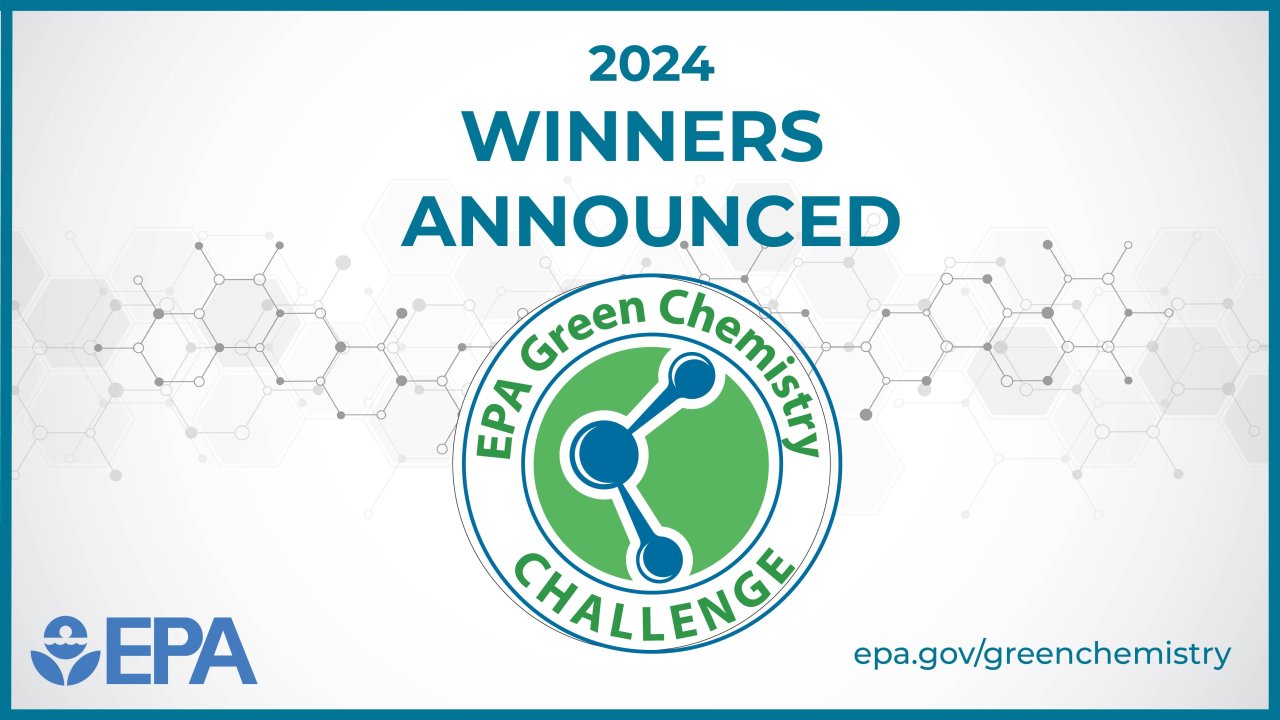Merck & Co., Inc. is being recognized for developing a new “continuous process” for manufacturing its PD-1 therapy, KEYTRUDA® (pembrolizumab). Typically, these types of proteins are produced in large batches. Merck now uses a continuous process to produce pembrolizumab, in which the protein is filtered away from the cells continuously instead of performing a one-time filtration step at the end of a batch. This process can produce substantially more pembrolizumab per reactor volume, which allows Merck to use smaller equipment and thus shrinks the facility’s physical footprint, reducing the facility’s energy use. The continuous process also reduces the energy and water needed, as well as using consumables (such as filters) more efficiently. Reducing the amount of energy and water the facility uses prevents pollution by leading to fewer air emissions.
Merck estimates this continuous manufacturing single-use process reduces energy consumption for Keytruda synthesis by about 4.5-fold; reduces water use by 4-fold; and reduces raw material usage by about 2-fold, thus reducing energy use and greenhouse gases for the facility.


